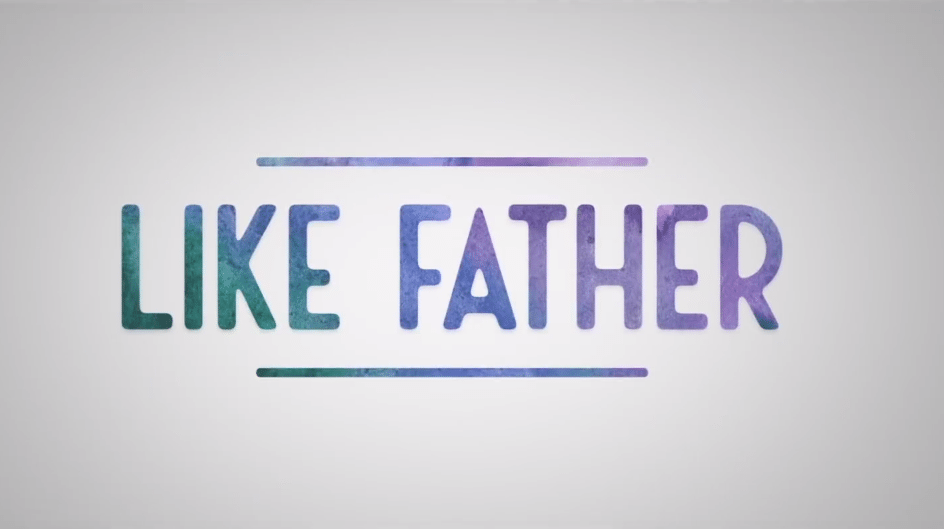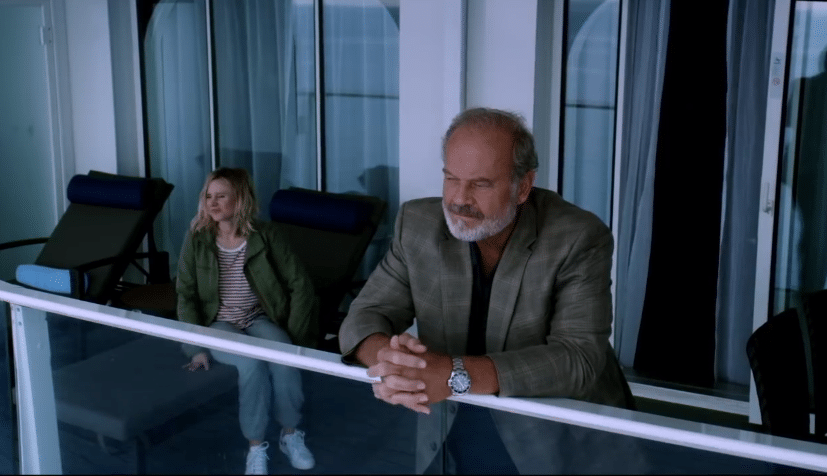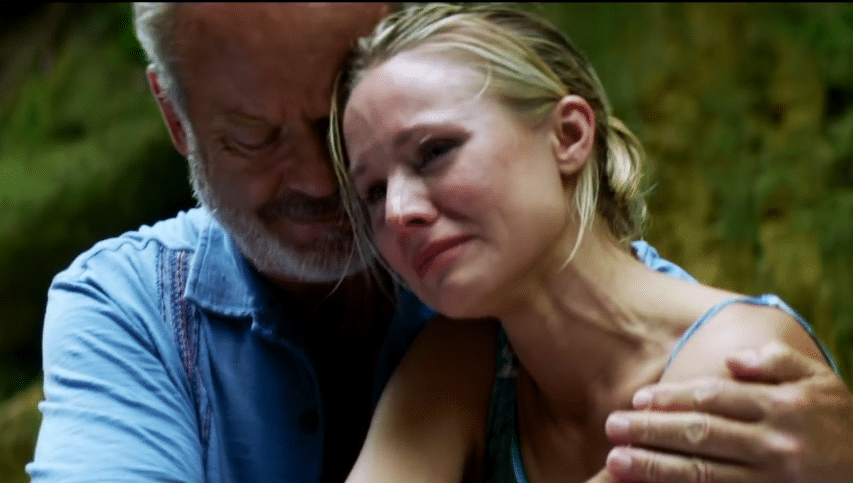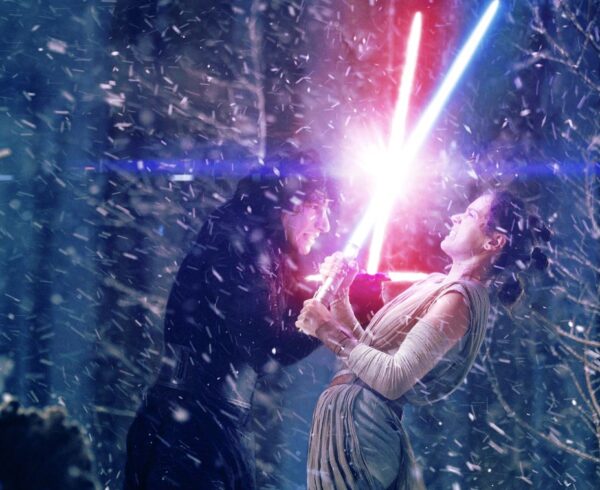Will “Like Father” Make Audiences Want To Set Sail Or Jump Ship?
 It’s difficult to determine which aspect of the new Netflix film “Like Father” is more puzzling: the fact that this supposed “comedy” from screenwriter and first-time director Lauren Miller Rogen (Seth Rogen’s wife) produces so few genuine laughs, or the fact that Miller Rogen doesn’t really seem to care about making us laugh in the first place. But “Like Father” isn’t just a non-comedy–it’s a non-entity. Neither dramatic nor heartwarming nor frankly anything, it sets sail on a steady course toward middling ground and never stops, or more appropriately, never starts.
It’s difficult to determine which aspect of the new Netflix film “Like Father” is more puzzling: the fact that this supposed “comedy” from screenwriter and first-time director Lauren Miller Rogen (Seth Rogen’s wife) produces so few genuine laughs, or the fact that Miller Rogen doesn’t really seem to care about making us laugh in the first place. But “Like Father” isn’t just a non-comedy–it’s a non-entity. Neither dramatic nor heartwarming nor frankly anything, it sets sail on a steady course toward middling ground and never stops, or more appropriately, never starts.
At the center of “Like Father’s” ill-fated script is thirty-something bride-to-be Rachel (Kristen Bell), a workaholic so attached to her smartphone that she hides it in her bouquet even as she walks down the aisle. And in a scene that unfolds with the subtlety of a cracked pinata, Rachel’s would-be groom realizes this and calls the whole thing off.
Unbeknownst to Rachel, present for the whole trainwreck is her estranged father Harry (Kelsey Grammer), who abandoned Rachel as a child but now finds himself buzzing at her apartment door, hoping to ingratiate himself back into his dejected daughter’s life and buy her a drink. Naturally, Rachel wants nothing to do with her old man, but offers curiously little resistance to his proposal to commiserate over some shots.
One boozy montage later, Rachel and Harry somehow (the film’s exposition here is murky at best) make it aboard her prepaid honeymoon cruise to Jamaica, and are stuck sharing the same room. Also along for the ride are three couples–one gay, one African-American, one elderly, none possessing a single additional defining feature, or for that matter, delivering a single memorable laugh. Oh, and there’s also Seth Rogen as a recent divorcee in a story arc that goes absolutely nowhere.
 The relentless charm of Bell and Grammer, two NBC sitcom superstars from different golden eras of television, saves “Like Father” from ever sinking below the depths of watchability, and the chemistry between them is strong enough at times to give you a fleeting taste of what this father-daughter redemption story could have been. But unlike their best work on television, neither Bell nor Grammer is comfortable enough with their respective roles here to disappear into them. We never feel like we’re watching Rachel and Harry, but rather two great actors trying their darndest to elevate weak material.
The relentless charm of Bell and Grammer, two NBC sitcom superstars from different golden eras of television, saves “Like Father” from ever sinking below the depths of watchability, and the chemistry between them is strong enough at times to give you a fleeting taste of what this father-daughter redemption story could have been. But unlike their best work on television, neither Bell nor Grammer is comfortable enough with their respective roles here to disappear into them. We never feel like we’re watching Rachel and Harry, but rather two great actors trying their darndest to elevate weak material.
To her credit, Miller Rogen does truly seem to care about the characters she has created. The fact that a premise so tailor made for a groan-inducing multicam sitcom enjoys moments in which it almost works is a testament to the genuine heartbeat Miller Rogen instills within her debut film.
But even the best of intentions can’t overcome an undercooked script, and “Like Father” is no exception. Rachel’s forgiveness of Harry comes far too easily, a side story involving Harry’s former business partner distracts more than it propels, and the question of whether or not Harry has ulterior motives in reuniting with his daughter is squashed almost as soon as it’s raised.
And the script’s shortcomings are all the more magnified by the utter dearth of comedy on display. With the exception of a mildly amusing set piece in which Rachel and Harry cheat their way through an interactive newlyweds game and an in-joke about Rogen’s well-documented recreational marijuana use, none of the film’s attempts at comedy pack a lasting punch.
Sure, “Like Father” is pleasant enough to be on in the background while you’re folding laundry perhaps (sometimes, I fear that’s where Netflix sets the bar for its original movies), but ultimately, nothing feels earned. And for a film that has virtually nothing going for it outside of its central relationship, that’s an insurmountable problem.
I do believe that Miller Rogen is capable of helming a solid comedy somewhere down the line. But “Like Father” isn’t it.












